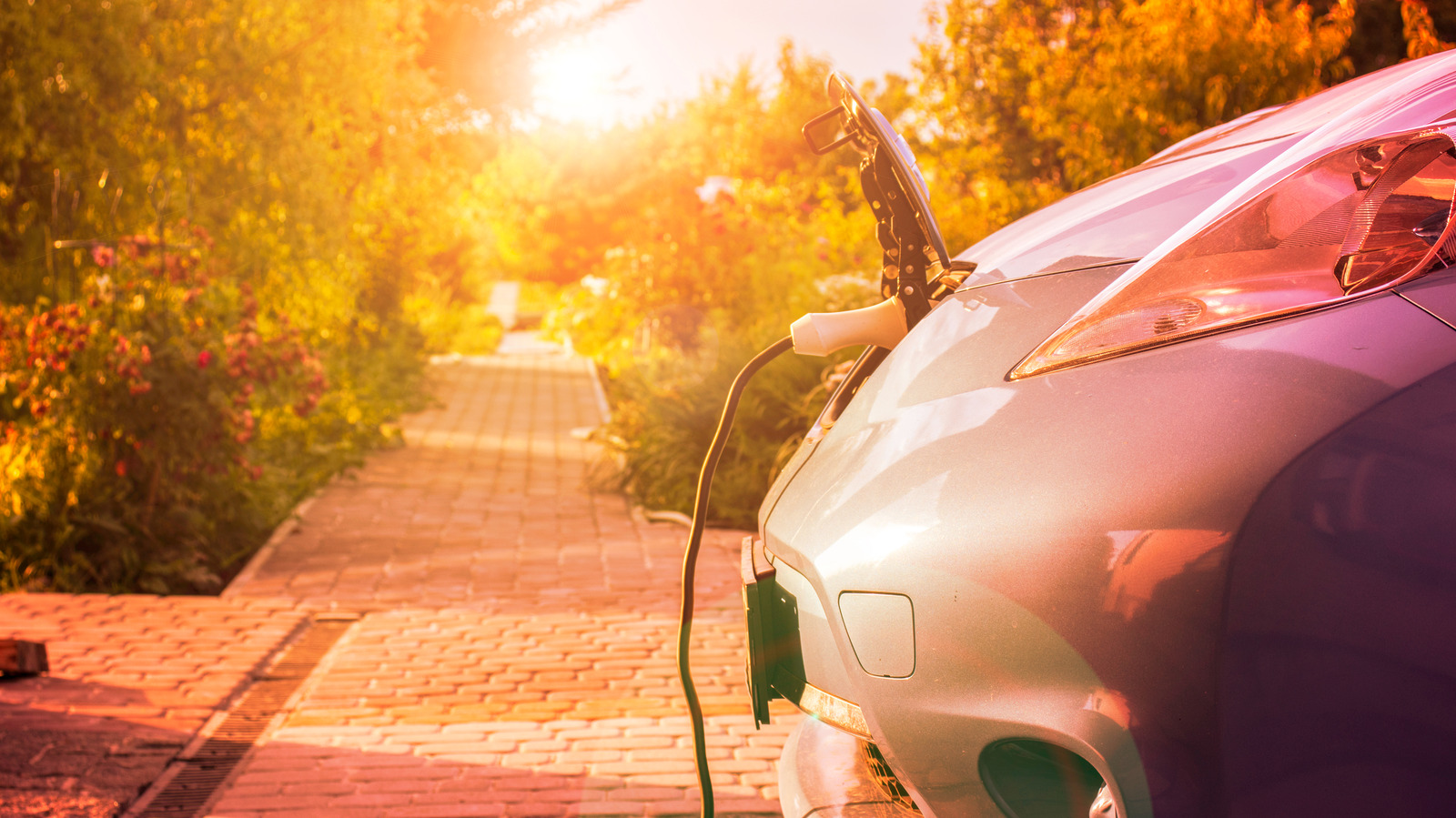
No car escapes extreme weather unscathed. As summer approaches and record-breaking temperatures once again grip the Northern Hemisphere, EV owners are confronting an unpleasant fact — hot weather can do a number on their vehicle’s performance. While EV owners don’t have to worry about their car’s engine overheating, like those who drive cars with traditional combustion engines, they do have to plan ahead for their vehicles experiencing a possible reduction in range during hot weather.
According to AAA research, a temperature of 95 degrees Fahrenheit can cause the average EV’s driving range to decrease by 17%, while the air conditioning is on, and in comparison to the range at 75 degrees Fahrenheit. A study by Recurrent paints an even bleaker picture, finding that EVs can suffer as much as a 20% to 30% decrease in range when temperatures soar above 95 degrees Fahrenheit. If you live in a part of the country that experiences milder temperatures in the summer, such as 90 degrees Fahrenheit or below, the heat will have very little impact on your EV’s range.
Even the best electric vehicles from major brands can run into problems when the mercury rises, and as an EV driver, the last thing you want to deal with is being stranded without a charge because you weren’t prepared for how hot weather could affect your EV’s range. Being prepared before you hit the road this summer is the best way to ensure your EV gets you where you need to go without any problems.
The good news for EV drivers is that the vehicles lose less range in the summer than in the winter. You might be familiar with stories of Tesla batteries not charging in subzero temperatures; in the summer, you won’t have to worry about similar problems. Still, high temperatures can have a negative impact on the health of your car’s battery and how long it takes to charge. That’s because as temperatures rise, the chemical reactions that power your car’s battery speed up, causing the battery to work harder, which can reduce its efficiency. When this happens, your battery can’t hold as much of a charge, which shortens your EV’s driving range.
At the same time, your battery’s thermal management system will have to work harder to dissipate the heat generated when you charge your battery. As you might have guessed, this extra work leads to less efficient charging. High temperatures can also cause a phenomenon known as thermal throttling, where the car’s built-in temperature monitoring system automatically slows charging when the battery gets too hot, to prevent overheating. If you live in a part of the country where your car is regularly exposed to extreme heat, your EV battery’s components might degrade more quickly, especially the electrodes and electrolytes, which can lower capacity and affect short-term performance and long-term battery health.
Strategies to mitigate the impact of extreme heat on EV range
Owlie Productions/Shutterstock
While hot weather can reduce your EV’s range, there are several things you can do to conserve your battery’s power. A simple yet effective strategy is parking in shaded areas or garages, to minimize the battery’s exposure to high temperatures and prevent it from absorbing excess heat. Preconditioning is another way to mitigate the effects of extreme heat. If you own a modern EV, there’s a good chance you have this feature, which allows you to lower your car’s interior and battery temperature remotely before you start driving.
To get the most out of preconditioning your car, you’ll want to do it while it’s still plugged in. That way, you’ll reduce the initial energy drawn from the battery, which can help it stay charged longer and increase its efficiency. You’ll also want to be mindful of how you charge your EV’s battery in extreme heat, including avoiding fast charging and charging it to full capacity. A good rule of thumb is to set a charging limit of 80% in extreme heat to help keep the battery healthy. When possible, charge the battery during cooler parts of the day or at night to reduce the impact of high temperatures on the battery.










